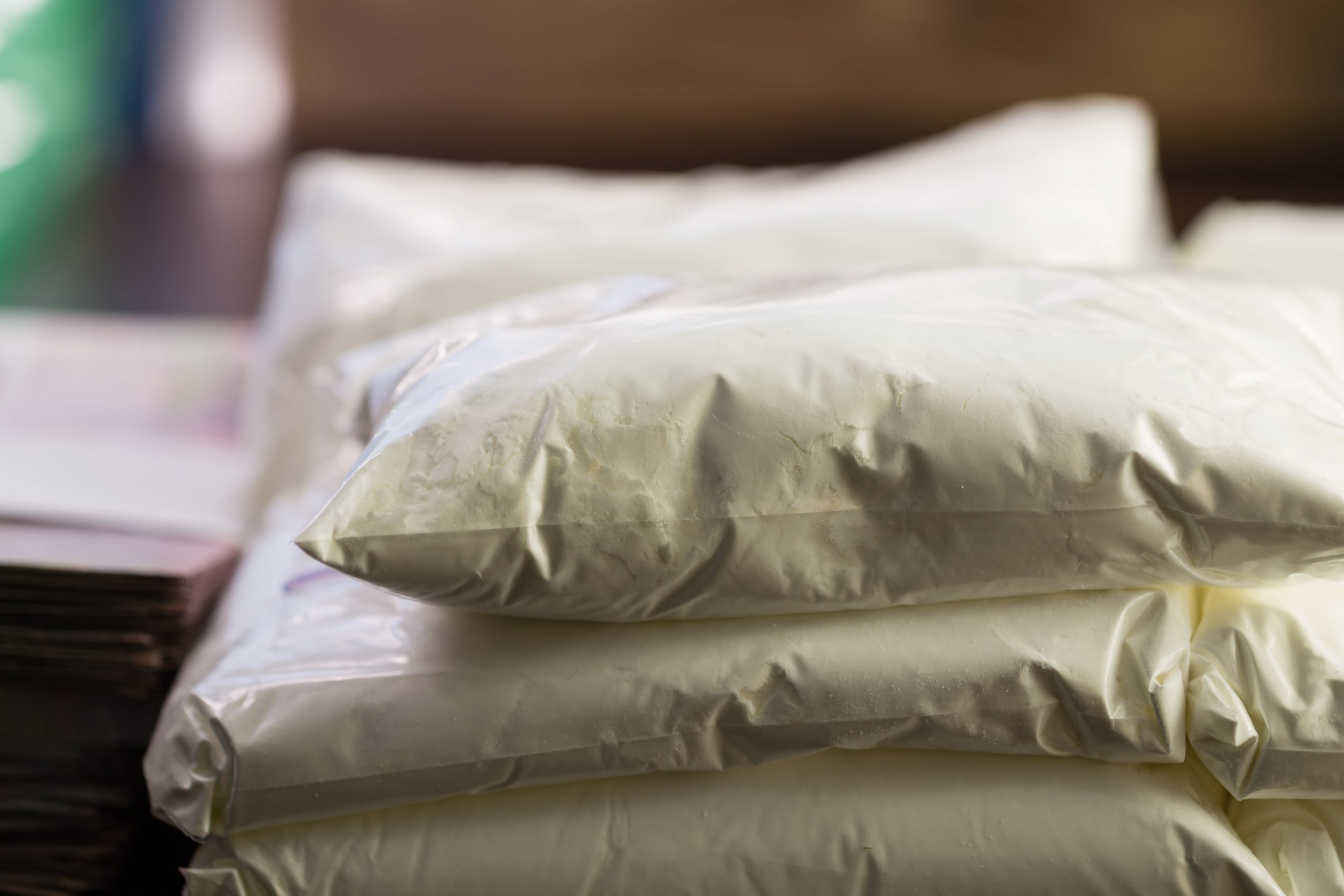Share This Article
Four men have been charged following a central coast drug supply investigation.
60 officers including officers from the State Crime Criminal Group Squad along with Australian Federal Police instantaneously raided four properties on the central coast after undercover surveillance directed detectives to a storage shed containing more than three and a half kilograms of cannabis, cocaine and other drugs.
Detective Superintendent Grant Taylor from NSW Police highlighted that the police are cracking down on prohibited drugs in the NSW Central Coast.
“Over the last several months we have focused a heavy amount of resources in the northern region of NSW. We’ve conducted about 60 to 70 raids and arrests,” Taylor said
Drugs, firearms, cash and cars were seized, and a clandestine drug lab was dismantled after fire crews assessed the site’s safety.
The four men were arrested and taken to Gosford and Woy Woy police stations.
NSW Police released a statement as to the charges the four individuals face;
Mitchell Gow aged 38 was charged with two counts of prohibited drug supply at a large commercial quantity, supplying cannabis, possessing an unregistered firearm as well as participating in a criminal group.
David Crosio Mochalski aged 27 was also charged with these crimes as well as recklessly dealing with the proceeds of crime and possessing prohibited drugs.
A 39-year-old man named Oliver Dedich was charged with 15 offences including supplying prohibited drugs in large commercial quantities, supplying cannabis, participating in criminal groups contributing to criminal activity, possessing an unauthorised pistol and recklessly dealing with the proceeds of crime.
38-year-old Aeron Bird was also charged with the same offences as well as
possessing or using a prohibited weapon without a permit, possessing ammunition without holding a licence/permit/authority and possessing an unauthorised firearm.
All four men have been refused bail and will appear at Wyong Local Court in May.
Detective Taylor put forth that these individuals were operating on an extensive network of organised crime.
“We will allege these four individuals [are] most certainly were part of an organised crime network that operates not only in those regional areas but also connected to transnational crime operating both here and abroad,” Taylor said.
Detective Taylor also warned that individuals living outside the Sydney metropolitan area will not be able to escape the attention of police.
Detective Superintendent Grant Taylor said some offenders believed they could escape police attention by living outside the Sydney metropolitan area.
“It’s almost guaranteed that, sometime, we will be watching you,” he said.
An Outline on Drugs Laws in New South Wales
Section 25(1) of the Drug Misuse and Trafficking Act 1985 (NSW) outlines the offence of supplying prohibited drugs.
Under this section, a person who supplies or who participates in the supply of a prohibited drug is guilty of an offence.
The term “supply” includes selling, distributing, offering to supply, agreeing to supply, keeping or possessing for supply, sending, forwarding, delivering or transporting a prohibited drug.
A prohibited drug is any drug found in Schedule 1 or 2 of this act that includes drugs such as cocaine, methamphetamine, MDMA/Ecstasy, cannabis and heroin.
The penalties for this offence depend on the quantity of drug involved ranging from 2 years to life in jail and/or up to $220,000 fine.
Supplying prohibited drugs on an “Ongoing Basis”
Section 25A of the Drug Misuse and Trafficking Act 1985 (NSW) deals with the offence of supplying prohibited drugs on an ongoing basis.
An individual who supplies a prohibited drug on three or more separate occasions within a 30-day period will be liable for this offence.
This is a serious offence in comparison to a standard drug supply offence as it involves an ongoing and repeated supply of drugs and criminal activity.
An individual may be liable to a maximum penalty of 20 years imprisonment and/or a $385,000 fine.
This will depend on the type of drug, quantity, nature of the supply and the offender’s criminal history.
Drug Statistics
According to The National Drug Strategy Household Survey (NDSHS), there has been an increase in the use of illicit drugs (including the non-medical use of pharmaceuticals).
Further, Cannabis was the most commonly used illicit drug in 2019, with 11.6% of Australians using it in the last 12 months.
This was followed by cocaine at 4.2%, ecstasy at 3.0% and non-medical use of painkillers and opioids at 2.7%.
With this comes the increase in individuals charged with drug supply offences, contributing to an ongoing issue within NSW and facilitating concerns about the impact of drug-related crime on communities.
By Alyssa Maschmedt.









